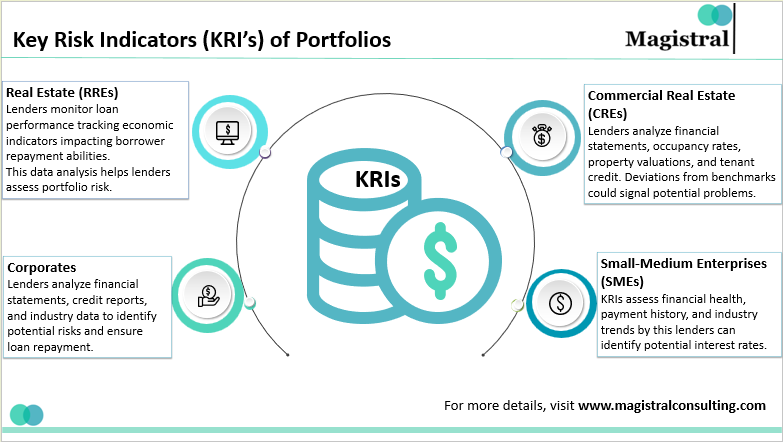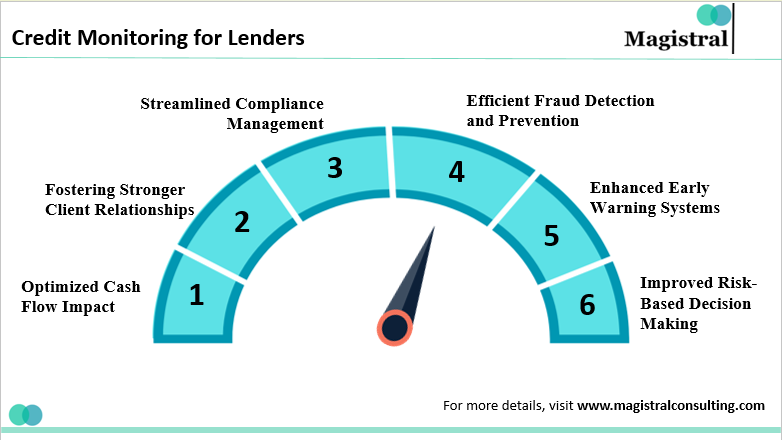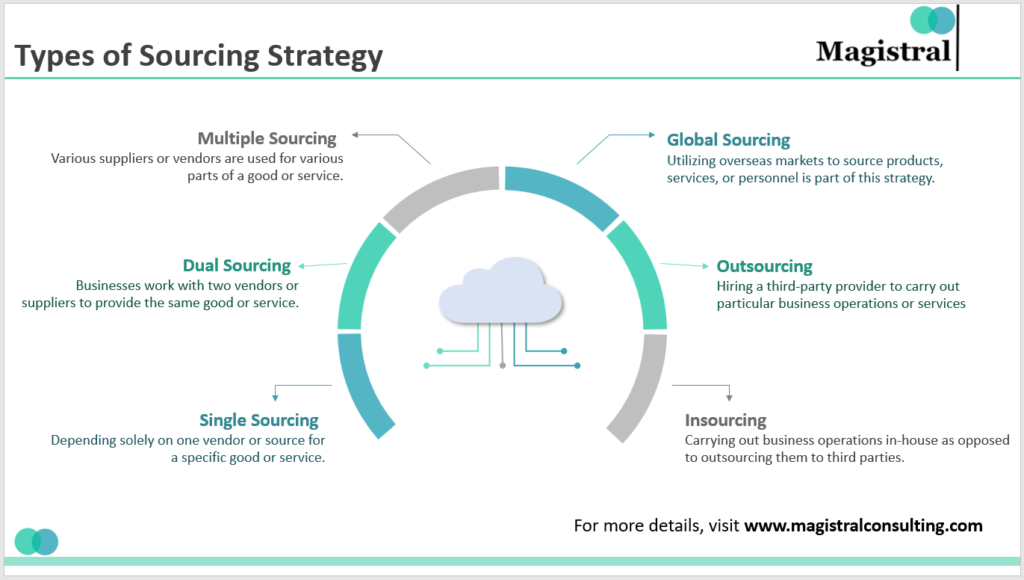Introduction: From Administrative Ledger to Strategic Asset
Due diligence is crucial in the current real estate business scenario. One document remains important to understanding property value. Whether you’re a private equity firm acquiring a commercial asset, a REIT evaluating its portfolio performance, or a lender assessing collateral risk, the rent rolls.
A high-value strategic tool has evolved from what was once a simple lease-tracking spreadsheet. In 2025, the rent roll is no longer limited to just a snapshot of rental income, a creditworthiness compass, and a predictive model for asset storage, but it’s a real-time performance dashboard.
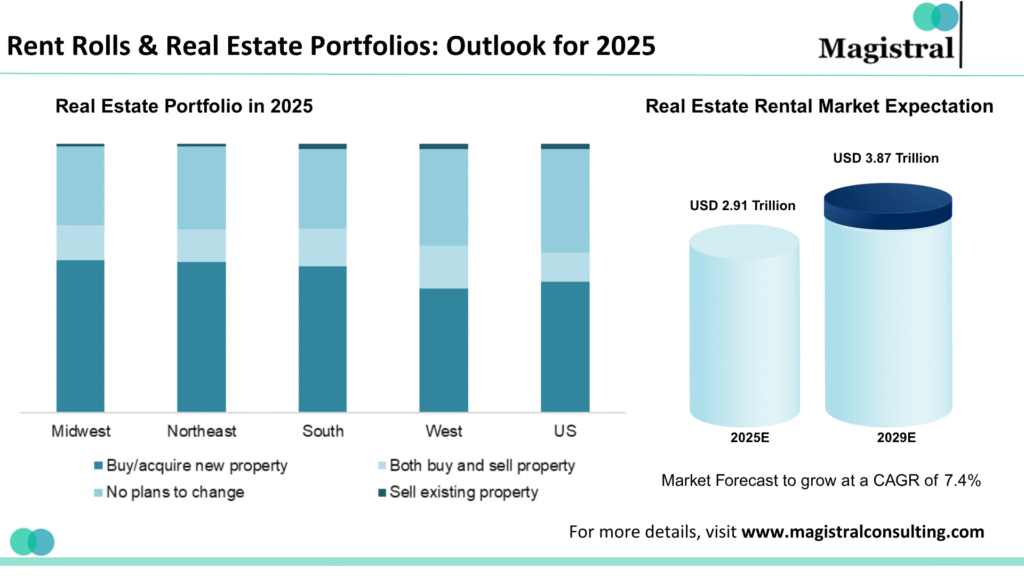
Rent Rolls & Real Estate Portfolios: Outlook for 2025
A rent roll reveals not only how much a property earns when properly organised and analysed, but also how secure, different, and sustainable that income truly is. Rent rolls are the source of truth, and increasingly in the present time, where asset quality is under intense scrutiny, the heart of insight.
From Ledger to Leverage: The Strategic Role of Rent Rolls
For years, rent rolls were seen as little more than operational snapshots, rows of tenants, columns of numbers. But in today’s real estate landscape, they’ve become the bridge between raw property data and strategic investment decisions. As capital becomes more cautious and underwriting more surgical, rent rolls have stepped into the spotlight.
A rent roll is no longer just a historical record of who’s paying what; it’s a real-time financial X-ray, showing the health, resilience, and potential of a property’s cash flow. It’s used by:
Investors
To model income stability and forecast value creation.
Lenders
It is to stress-test debt coverage and payment reliability.
Asset Managers
Helps them to track performance and flag operational risk.
Buyers
To validate assumptions during acquisition due diligence.
Its role has expanded from back-office reporting to front-line underwriting. With rent growth volatility, tenant churn, and hybrid lease models in play, the rent roll now influences everything from cap rate negotiations to hold-period strategy.
The Strategic Importance of Rent Rolls
In 2025, rent rolls are no longer considered a back-office function—they are a front-line tool for investors, underwriters, and asset managers. They serve five core strategic purposes.
Income Verification
The rent roll validates the income stream associated with a property. It allows investors and lenders to cross-check against financial statements, ensuring reported revenue aligns with actual leases in place.
Tenant Risk Profiling
Analysing tenant quality—credit scores, business type, and lease length, which helps determine the stability of income. A property with short-term, high-turnover tenants carries far more risk than one anchored by stable, long-term lessees.
Occupancy Analysis
Rent rolls reveal not only how full a property is, but also how evenly the space is utilised. Underutilised units, shadow vacancies, or overconcentration by a single tenant become visible through detailed analysis.
Lease Expiry Forecasting
Tracking when leases roll over, especially if clustered in a single year, helps anticipate potential income drops or cap-ex requirements.
Valuation Input
Cap rate models, discounted cash flow (DCF) projections, and loan-to-value (LTV) calculations all rely on the rent roll. It feeds the models that shape investment decisions.
The Anatomy of a Winning Rent Roll
Not all rent rolls are created equal. Some are clean, consistent, and predictive, while others raise more questions than they answer. So what defines a best-in-class rent roll? Like any living system, a good rent roll has critical organs that must function together.
Here’s what to look for in a rent roll that empowers strong investment decisions:
Lease Dates and Expirations
Every lease has a clock ticking. A winning rent roll staggers expirations to avoid income cliffs and shows a healthy mix of short- and long-term tenants.
Tenant Quality and Diversity
Institutional-grade tenants (think national retailers, government leases, or credit-rated firms) boost income reliability. Overconcentration in one industry or client is a hidden fragility.
Rent Escalation Terms
Scheduled increases reveal future yield growth. CPI-linked escalations, step-ups, or fair market value resets can be deal-defining.
Effective vs. Contractual Rent
Face rent might tell you what’s promised, but effective rent, adjusted for concessions, TI (tenant improvement), and free rent, shows what’s real.
Rent Rolls in Different Asset Classes
Rent rolls vary depending on the asset class. Here’s how they function across sectors:
Multifamily Residential
Unit-level detail is critical.
Turnover rates and rent trends offer insight into tenant stickiness.
Amenity premiums and rent concessions must be carefully tracked.
Retail
Co-tenancy clauses and anchor tenants are key.
Percentage rent or sales-linked rents (especially in malls) require ongoing updates.
Lease encumbrances like exclusivity can restrict re-tenanting.
Office
Pay attention to lease escalation terms and space utilization clauses.
Subleasing rights or flexible workspace arrangements can affect revenue.
Tenant improvement (TI) allowances linked to renewals may distort rent streams.
Industrial Logistics
NNN (Triple Net) leases dominate, making reimbursements a critical line item.
Lease duration and facility specificity (build-to-suit vs generic warehousing) impact tenant replaceability.
Digital Transformation: From Static Sheets to Smart Rent Rolls
Gone are the days when rent rolls lived in Excel or PDFs. Today, institutional landlords and asset managers use cloud-based platforms that integrate rent roll data with leasing, billing, and performance tracking systems.
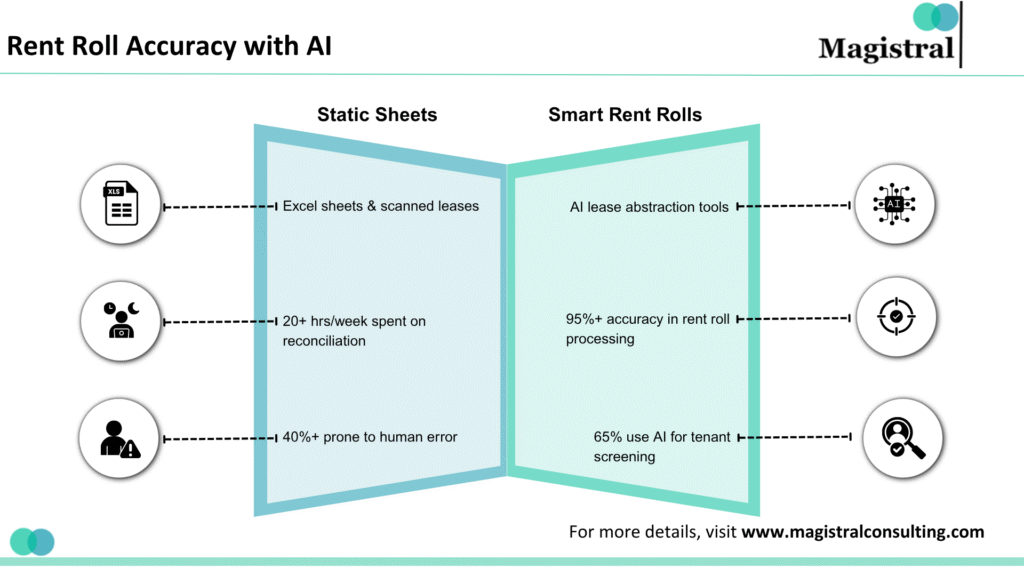
Rent Rolls Accuracy with AI
Modern Rent Roll Features Include:
Live updates via property management software (Yardi, MRI, AppFolio, Buildout)
API integrations with CRM, finance, and valuation tools
Custom dashboards for vacancy risk, rent growth, and lease rollover timing
Automated alerts for expiring leases, missed payments, or renewal opportunities
How Investors Use Rent Rolls During Due Diligence
During acquisitions or refinancings, rent rolls are central to underwriting. Investors typically:
Verify all leases align with the rent roll
Compare rent per square foot to market comps
Assess weighted average lease term (WALT)
Identify expiration clustering or early termination risks
Map tenant creditworthiness across the income stream
Some private equity real estate (PERE) firms even use machine learning tools to flag anomalies across hundreds of rent rolls, speeding up due diligence cycles without compromising rigor.
Case Study: Rent Roll Insights in a Portfolio Acquisition
In 2024, a mid-cap real estate fund acquired a 12-property retail strip centre portfolio across the Midwest. On paper, the yield looked compelling. But a deeper rent roll analysis revealed:
42% of leases set to expire within 18 months
Two anchor tenants had co-tenancy clauses that could void their leases if smaller tenants vacated
Five tenants were in arrears by over 90 days—none flagged in the P&L
These findings led the fund to renegotiate pricing and structure a deferred earn-out with the seller. Without the rent roll, the downside risks would have gone unnoticed.
Red Flags in the Fine Print: Where Rent Rolls Go Wrong
Rent rolls may seem straightforward, but beneath the gridlines lie data traps that can cost millions. These documents are only as useful as their accuracy, completeness, and interpretability. A faulty rent roll can derail an acquisition, delay financing, or expose asset managers to unexpected risks.
Here are some of the most frequent and costly mistakes:
Mistaking Face Rent for Effective Income
The rent roll says $50,000/month, but after concessions, the actual cash inflow is 30% less. Always verify against the T-12 and general ledger.
Overlooking Expired or Holdover Leases
A tenant staying past lease expiry isn’t the same as secured income. Holdovers are at-will and can leave with little notice.
Ignoring Rent Arrears and Payment History
A tenant may be under lease, but are they current? Past due balances are often buried unless explicitly included.
Rent Roll Scoring: A New Lens for Risk-Based Investing
In advanced real estate strategies, especially among institutional investors, rent rolls are now scored using proprietary models. These scores help assess:
Income durability
Tenant credit concentration
Rollover exposure
Market rent alignment
Reletting risk
This scoring helps funds stratify their portfolios not just by geography or asset type, but by income reliability, a key metric in volatile cycles.
Regulatory and Audit Relevance
In certain jurisdictions and under various accounting standards (such as IFRS 16), rent roll data is necessary for:
Lease liability recognition
Asset impairment testing
Property tax compliance
REIT income qualifications
Auditors may request rent roll verification during financial reviews or to validate stated asset values on the balance sheet.
Magistral Services for Rent Rolls Analysis
Magistral acquires all relevant and necessary details to start the analysis. And then builds a database. By managing the data sequentially for a better comparative analysis, the analysts use the data to calculate metrics such as total rental income, occupancy rates, lease expiration schedules, and any delinquencies or vacancies to identify potential risks and opportunities based on the rent rolls. As a result, Magistral generates detailed reports and presentations to serve its clients with the best possible opportunities for investment and management.
About Magistral Consulting
Magistral Consulting has helped multiple funds and companies in outsourcing operations activities. It has service offerings for Private Equity, Venture Capital, Family Offices, Investment Banks, Asset Managers, Hedge Funds, Financial Consultants, Real Estate, REITs, RE funds, Corporates, and Portfolio companies. Its functional expertise is around Deal origination, Deal Execution, Due Diligence, Financial Modelling, Portfolio Management, and Equity Research
For setting up an appointment with a Magistral representative visit www.magistralconsulting.com/contact
About the Author
The article is authored by the Marketing Department of Magistral Consulting. For any business inquiries, you can reach out to prabhash.choudhary@magistralconsulting.com
Who prepares the rent roll?
Typically, the property manager, asset manager, or leasing administrator. In institutional settings, it may be auto generated by property management software
How often should a rent roll be updated?
Best practice is monthly, though some platforms update in real-time as leases are modified or payments are logged.
Is the rent roll legally binding?
No, it’s a summary document. Lease agreements are the legal instruments. However, inconsistencies between leases and rent rolls can raise red flags during audits or sales.
What’s the difference between gross rent and net rent in the rent roll?
Gross rent includes all charges (base + reimbursements). Net rent refers to just the base lease amount. It’s crucial to distinguish the two when analysing income.


